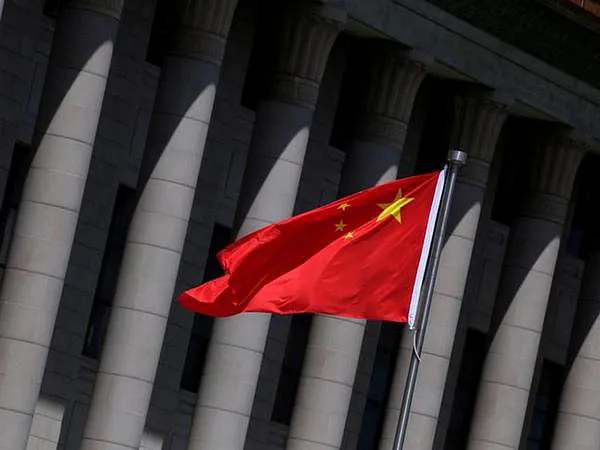A growing discontent is seen among people in China against the government’s “Zero-Covid” strategy and its suppression of people’s demonstrations and protests against the policy in the “most brazen and heartless manner”.
However, according to Singapore Post, China seems to be unaffected by this discontent and the subsequent protests. Even at the slightest inkling of the spread of the virus, China resorts to the strictest measures which are causing increasing frustration among the people.
Around mid-May this year, graduate students at Peking University staged a rare, but peaceful protest over the school’s decision to erect a sheet-metal wall to keep them further sequestered on campus, while allowing the faculty to come and go freely.
The protest did not erupt in a single day and was already simmering over the regulations prohibiting them from ordering in food or having visitors and daily Covid-19 testing. A citywide lockdown of Shanghai and expanded restrictions in Beijing in recent weeks have raised questions about the economic and human costs of China’s strict virus controls.
On the other hand, Chinese Communist Party has often claimed that its Zero-Covid strategy has proven to be successful. But the truth was exposed with th help of various social media platforms where people have been posting the dark side of the “Zero-COVID policy”.
In some places, as in Shanghai, residents clashed with police, volunteers and others trying to enforce lockdowns and take infected people to quarantine centres.
Similar kinds of resistance and demonstrations were witnessed in other parts of China as well. In the third week of May 2022, students from Tianjin University staged a demonstration against Chinese government’s Covid policy raising anti-administration slogans such as “Down with formalism, Down with bureaucratism”, as per the media outlet.
Communist Party of China is leaving no stone unturned and is moving quickly to quash people’s movements and protests. Th party sees the protests as a potential challenge to its hold on power.
Besides students, people from other sections of Chinese society are also suffering from the authoritarian methods adopted by the officials in the implementation of Zero-Covid strategy. The strict lockdowns, with most public areas closed down, have played havoc with employment, supply chains and economy in general in China, and are becoming increasingly hard on people. The highly transmissible Omicron variant is posing a greater threat of spreading while China has achieved vaccination for about 51 per cent population only.
In the Chinese capital Beijing, authorities restricted more residents to their homes during 3 week-long effort to control a small and persistent Covid-19 outbreak in the Chinese capital in the month of May. Seven adjoining areas in the city’s Fengtai district were designated lockdown zones for at least one week, with people ordered to stay at home.
While the other countries in the world have begun “living with the virus”, China’s central leadership remains bound to its Zero-Covid strategy. Citizens in various Chinese cities are struggling to access basic goods, medicines and routine medical care. Most contentious of all has been the separation of children and babies from their parents as part of a policy to quarantine all positive cases in government facilities.

